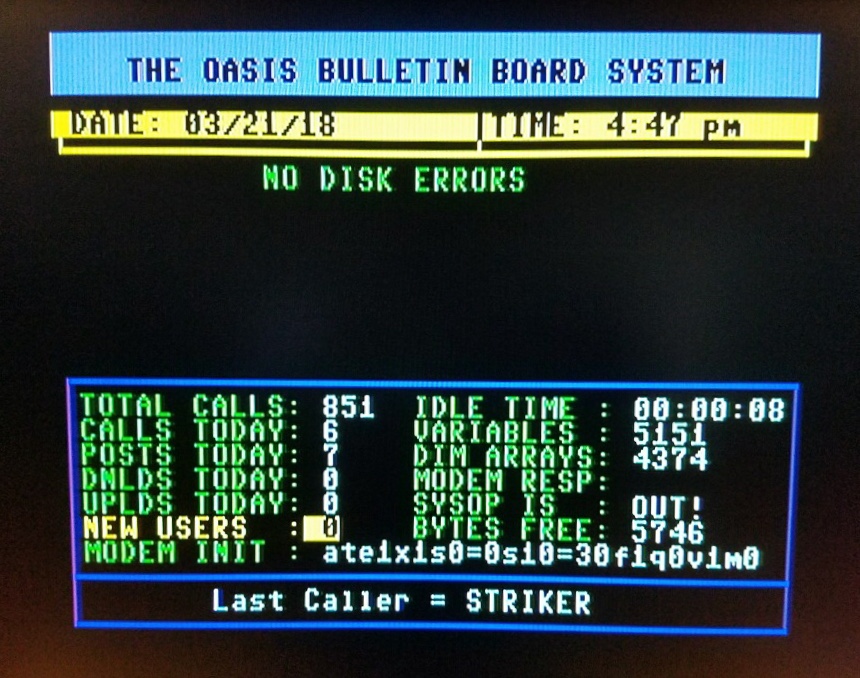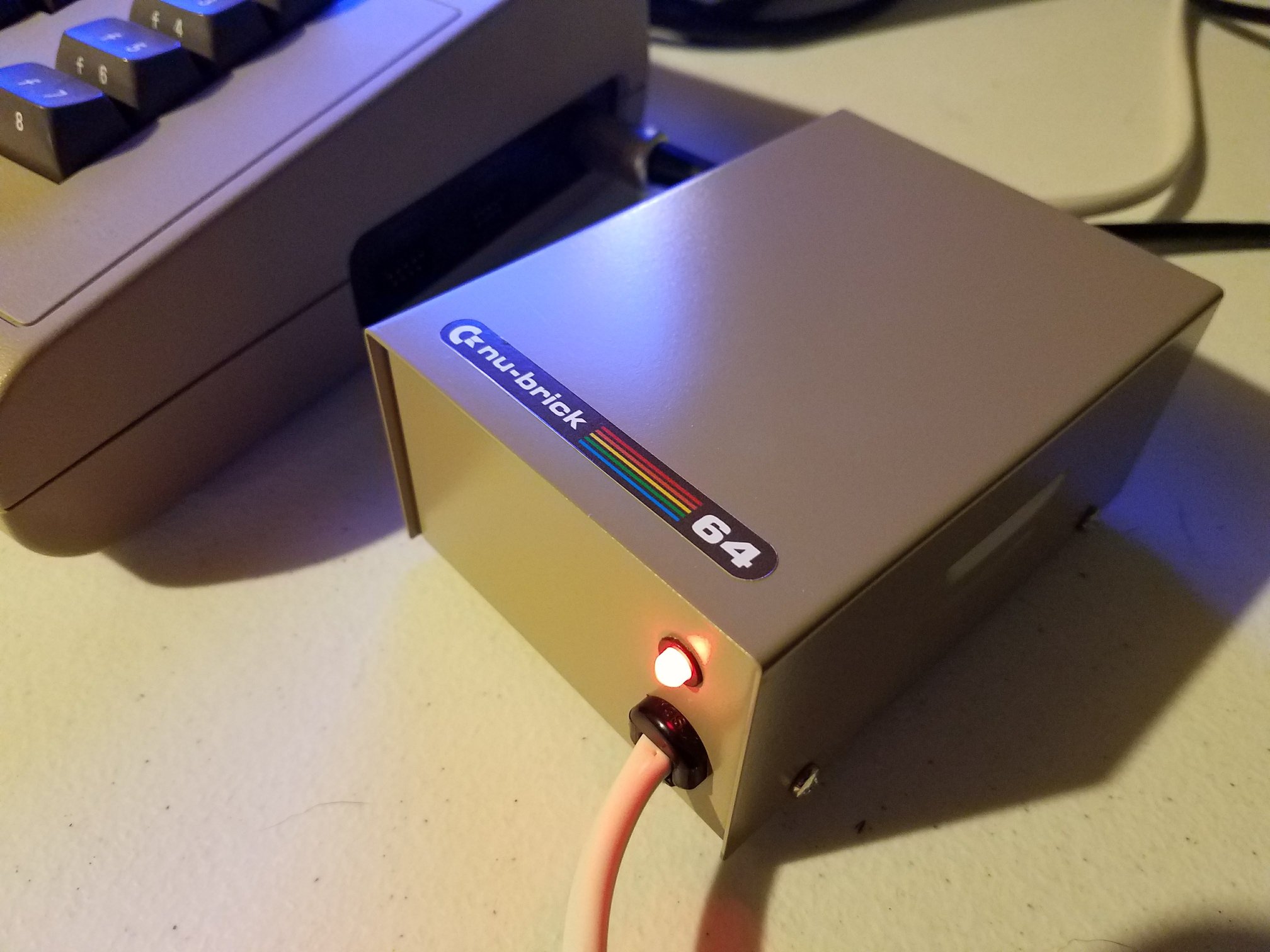In this latest CRG episode, Glen tackles an Amiga 600 recap and repair job, uncovering a surprisingly resilient board beneath layers of corrosion and capacitor damage. But before diving into the technical mess, there’s a fun moment—Glen receives a surprise Speedball 2-themed T-shirt from a viewer named Mike. That moment of Amiga-fan appreciation sets the tone for what becomes a challenging but rewarding restoration.
The Amiga 600 recap starts with familiar issues: a bad CIA chip and weak, barely audible audio output. Glen quickly suspects failed capacitors, and unlike past repairs, opts to replace them with polymer caps from AmigaKit. The board, a Rev 1.5 model, is in rough shape, especially near the audio circuitry and one of the CIAs, with visible corrosion and residue from leaking electrolytic’s.
Using cleaning wipes soaked in white vinegar (and reinforced with a splash of the real thing), Glen works to treat the corroded areas before moving on to the recap. His technique is efficient, soldering in surface-mount and through-hole capacitors while carefully avoiding damage to pads and surrounding components. With every cap removed and replaced, flux and IPA are applied generously, ensuring a clean, solid finish.
The CIA chip is reflowed, then replaced when tests still fail. The audio issue proves even trickier. After reflowing Paula and replacing the op-amp, one channel is still outrageously loud—20V peak-to-peak, to be exact. Glen painstakingly desolders and retests components, only to discover, hours later, a broken PCB trace near Q331. A tiny patch wire fixes the issue completely.
With the Amiga 600 recap complete and all test kit diagnostics passing, Glen powers up the machine. The repaired system now boots cleanly, delivers full audio on both channels, and is ready to return to its owner. It’s a great win—but also a warning.
Corrosion doesn’t always kill a board instantly, but it chips away at function until one day things stop working. Glen’s message is clear: if your Amiga 600, 1200, CD32, or 4000 hasn’t been recapped, do it. A few capacitors today can prevent hours of repair—or total failure—tomorrow.







